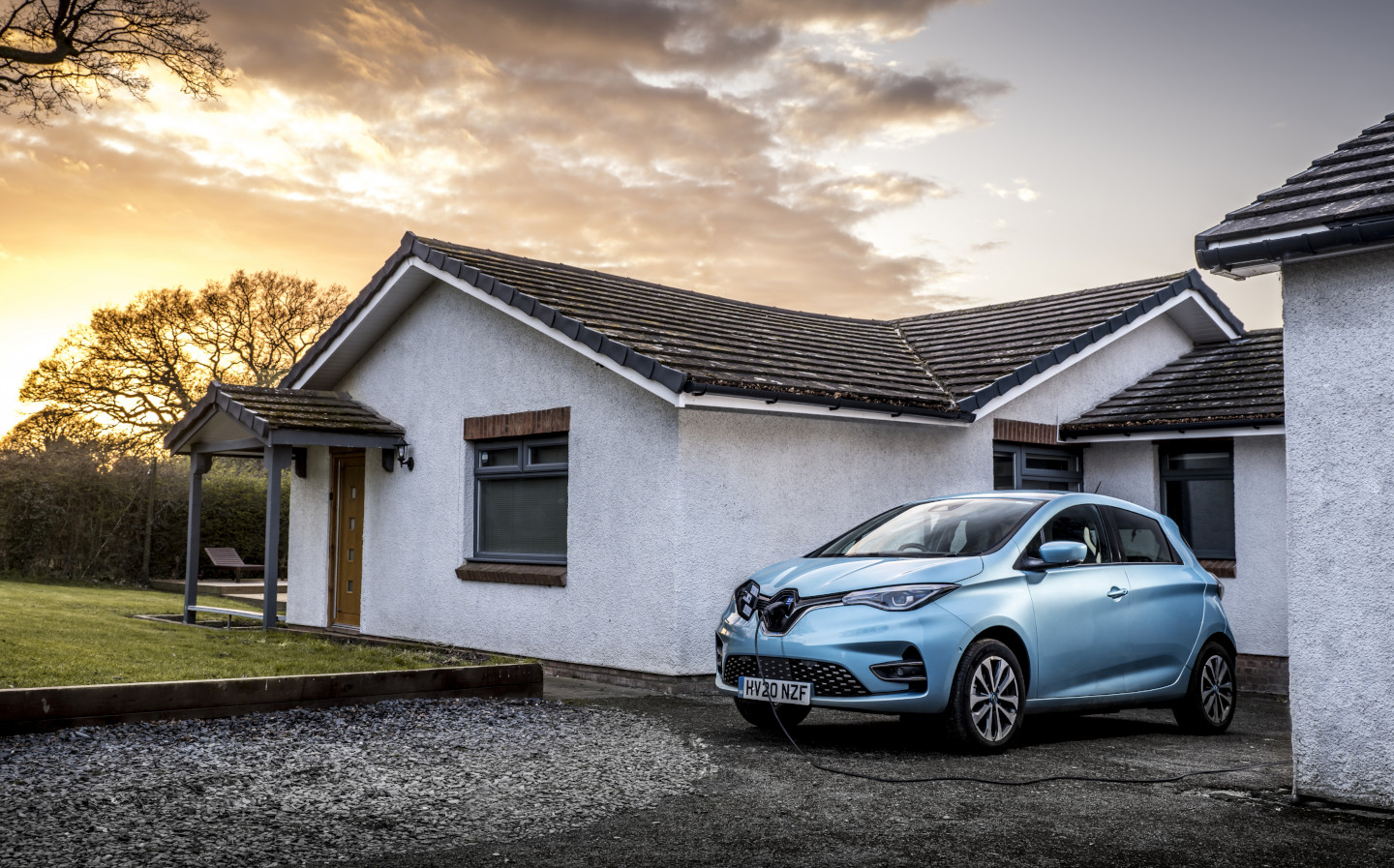Financial incentives to be offered to electric car owners for charging off-peak
The National Grid insists it will be able to cope with the future demand posed by electric vehicles 'easily'
DRIVERS of electric vehicles will be offered incentives to charge their cars at off-peak times in order to prevent ‘unmanageable’ demand on the UK’s power grid.
The Times reported that UK Power Networks, which owns and maintains electricity infrastructure in London and the southeast of England, is expecting 4.5 million users to be using its electricity to charge battery-powered cars by the end of the decade, up from 150,000 currently.
By 2030, every new car sold in the UK will be either hybrid or electric, following an announcement by the prime minister in November last year. Five years later, new hybrids will also be eliminated from sale.
The most common time that people choose to plug in their electric car at home is between 5:30pm and 9pm. UK Power Networks said it needs to ensure this does not result in demand overwhelming the network. Peak hours last from 6am until 9am and 5pm until 9pm.
Instead of upgrading its infrastructure in order to aid capacity, UK Power Networks has chosen to spend £30m on providing contracts to companies who can provide extra power and offer customers cheaper electricity in return for charging at off-peak times. The scheme currently applies to around 25,000 electric vehicle drivers.
Around two thirds of the contracts are focused on encouraging customers to be more flexible about when they charge their cars, it said. In recent years providers have started to offer tariffs aimed specifically at electric car drivers and charge the car at times of night when energy is cheapest. The cost of charging an electric car from empty to full depends on the size of the battery — Pod Point estimates that charging a car with a mid-size 60kWh battery costs around £9.20 at present, based on a 17p/kWh tariff, the average domestic electricity rate across the UK.
Energy watchdog Ofgem is soon expected to make a decision regarding a proposal that would allow energy providers to cut power to electric car chargers when electricity is in high demand. Although it is being pitched as a “last resort” by energy providers, they insist that the UK’s electricity grid was not designed to absorb the stress put on it by high-consumption devices like electric car chargers.
However, the Transport Decarbonisation Director of the National Grid, Graeme Cooper, has insisted that it will be able to cope with the future demand posed by electric vehicles “easily”, thanks to smart metering and an increase in the number of offshore wind farms.
Around 25% of the UK population does not have access to a driveway or garage, leading to a dependence on the UK’s spotty network of public chargers, which has traditionally been seen as one of the biggest obstacles standing in the way of a mass uptake of electric cars.
Today Ofgem announced a £300m investment that would fund the cabling for 1,800 ultra-rapid car chargers at motorway service areas across the UK. There are currently only 918 ultra-rapid chargers in the country.
Tweet to @KieranAhuja Follow @KieranAhuja
- After reading that there will be financial incentives for electric car owners charging off-peak, you might be interested in reading that auditors have found that the EU’s rollout of electric car chargers is too slow for it to achieve its climate targets.
- You may also want to read our guide to solid-state batteries.
- In December, the UK opened its first electric charging forecourt.





